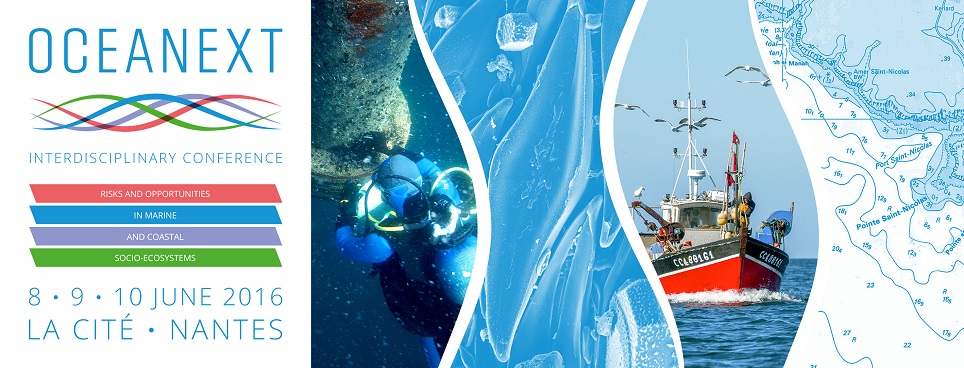Coastal communities are vulnerable to the impact of extreme weather events such as hurricanes. Such events have caused extensive damage to infrastructure such as power distribution systems over the years. Investment in the power sector is considered a long-term investment due to the service life of the assets. It is, therefore, imperative for utility companies to consider the uncertainties inherent in such long-term investments that will impact return on investment as well as customer satisfaction. One such uncertainty is the potential impact of climate change on hurricane hazard in coastal areas. There is, therefore, a need for a framework to assess the risk as well as investigate various adaptation strategies for power distribution systems subjected to hurricanes with consideration of the potential impact of climate change. This paper presents a framework for evaluating the impact of climate change on power distribution systems subjected to hurricanes. The framework includes a time-dependent hurricane simulation modeling that considers the effect of climate change, system reliability evaluation with time-dependent component fragility, various adaptation strategies, and life cycle cost analysis to study the cost-effectiveness of such strategies. The framework is demonstrated using a notional power distribution system of a city assumed to be located in the hurricane-prone east coast of Florida in the U.S.

|
Impact of Climate Change on Reliability of Electric Power Distribution Systems Subjected to Hurricanes in Coastal Regions
1 : Department of Civil and Environmental Engineering, Michigan Technological University
(CEE)
-
Site web
1400 Townsend Drive, Houghton, Michigan, 49931 - 1295, USA -
États-Unis
2 : Department of Civil Engineering, Case Western Reserve University
(CE)
-
Site web
* : Auteur correspondant
208 Bingham Building, 2104 Adelbert Road, Cleveland, Ohio 44106-7201 -
États-Unis
|
 PDF version
PDF version
